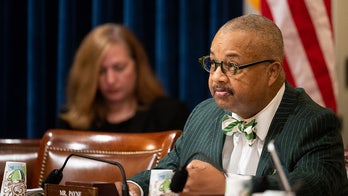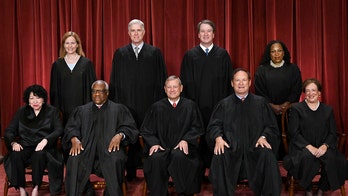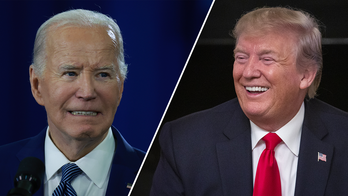Khalid Sheik Mohammed, the self-described architect of the Sept. 11 terrorist attacks, looms large in a declassified CIA report on the use of enhanced interrogation techniques.
The inspector general's report, released this week, says Mohammed wasn't much help before he was waterboarded but went on to become "one of the U.S. government's key sources on Al Qaeda." Such revelations have fueled the fiery debate over the effectiveness of the CIA's tactics and whether the United States should condone methods that many deem torture.
But additional details of his interactions with interrogators may raise more questions than they answer -- potentially saying more about the captive than his captors.
Intelligence officials described to the Washington Post a scene almost out of the halls of academia, with the once-resistant high-level detainee giving "terrorist tutorials" to them in a makeshift lecture hall. He even scolded one listener for poor note-taking and his inability to recall details of an earlier lecture.
The CIA report makes it clear that Mohammed wasn't willing to divulge much before interrogators resorted to the controversial tactics.
"KSM, an accomplished resistor, provided only a few intelligence reports prior to the use of the waterboard, and analysis of that information revealed that much of it was outdated, inaccurate or incomplete," the report said.
But after he was subjected to waterboarding -- or simulated drowning -- and prolonged sleep deprivation, among other harsh interrogation techniques, Mohammed began to cooperate and apparently even enjoy revealing secrets.
Mohammed "seemed to relish the opportunity, sometimes for hours on end, to discuss the inner workings of Al Qaeda and the group's plans, ideology and operatives," a person familiar with the sessions told the Washington Post. "He'd even use a chalkboard at times."
While it is impossible to know for sure whether less coercive techniques would have gained the same information, those who defend the tactics believe the results are clear.
"What do you think changed KSM's mind?" a former senior intelligence official told the newspaper after being asked about the effect of waterboarding. "Of course it began with that."
Vice President Dick Cheney has been the most vocal proponent of the techniques, arguing that they prevented another terrorist attack and exposed other terror plots.
In an interview with FOX News' Chris Wallace to air Sunday, Cheney assailed Attorney General Eric Holder and Holder's decision to appoint a federal prosecutor to investigate whether criminal charges should be brought against some CIA interrogators.
"We had a track record of eight years defending the nation against any further mass casualty attacks from Al Qaeda," Cheney said. "The approach of the Obama administration should be to come to those people who were involved in that policy and say, 'How did you do it? What were the keys to keeping this country safe over that period of time?'"
"Instead they are out there threatening to disbar the lawyers who gave us the legal opinions -- threatening contrary to what the president originally said. They're going to go out and investigate the CIA personnel who carried out those investigations," he said.
Two of the three documents Cheney claimed would show the value of the enhanced interrogation program are now declassified.
The CIA is still reviewing the third document. It is not described as a smoking gun that will definitively link specific intelligence to waterboarding.
Click here to read the Washington Post story.
FOX News' Catherine Herridge contributed to this report.




